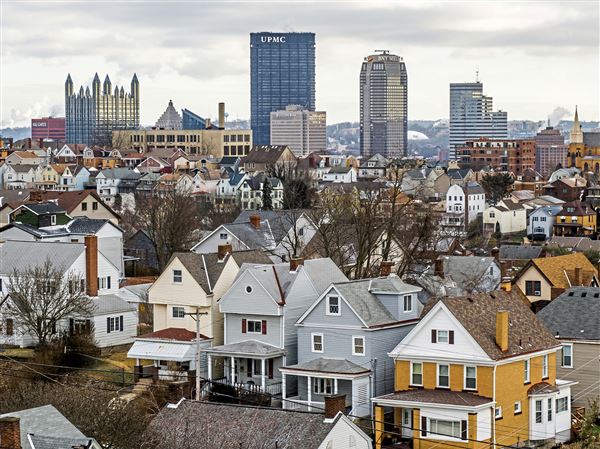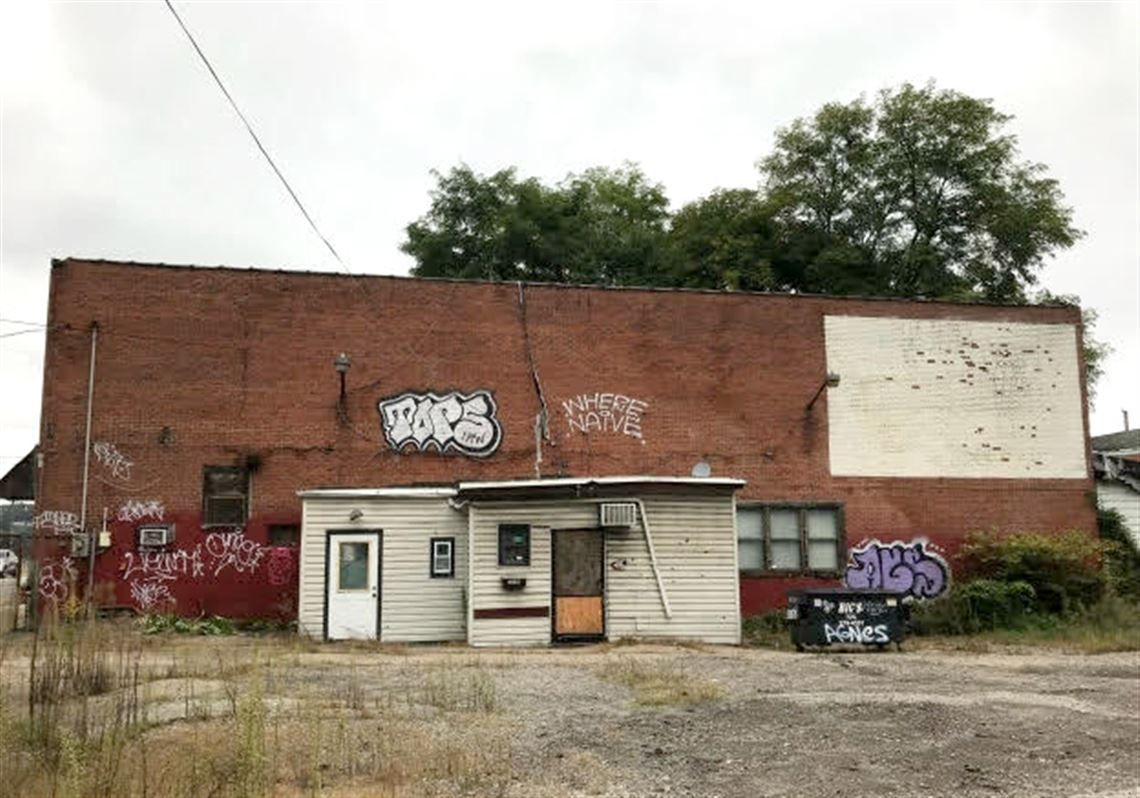Donald Thinnes and Donny’s Place, the bar he owned and operated in Polish Hill from 1972 to 2022, played an irreplaceable part in Pittsburgh’s LGBTQ+ history. But that history can be commemorated without preserving the building the bar occupied for half a century.
That’s the decision reached by the Pittsburgh City Planning Commission last week, and it was the right one.
Donny’s Place has been the subject of litigation for six years, since Mr. Thinnes sold his dive bar and its surrounding property in 2019 to Laurel Communities, a real estate developer, which proposed 19 townhomes for the site immediately adjacent to the Herron Street Station along the East Busway — a perfect candidate for transit-oriented development (TOD). At first, the developer’s plan was stymied by a lawsuit over the site’s impact on the neighborhood. Later, opponents turned to nominating Donny’s Place for historic designation due to its importance to Pittsburgh’s LGBTQ+ community.
At a March 25 meeting, the Pittsburgh City Planning Commission heard testimony from Mr. Thinnes' friends and those who fondly remembered that Donny’s Place was an ordinary queer bar. That is, they testified that while it was special to them, and was part of a network of safe spaces for Pittsburgh’s LGBTQ+ community — including as a site of HIV+/AIDS advocacy and testing — it did not fulfill the requirements for preservation in perpetuity as a historic site.
This was also the view of Mr. Thinnes himself, expressed before his death in January 2024.
Proponents of historic status countered that Donny’s Place is a fitting exemplar of Pittsburgh’s LGBTQ+ culture and history, especially because so many other queer spaces in the city have been allowed to fade into memory without any attempts at preservation.
After taking in these arguments, the Planning Commission denied the petition for historic status, citing in part a 2021 fire that destroyed a significant portion of the interior. This means that Laurel Communities is free to move forward with their 19-townhomes plan.
This was the right decision. Preservation is always about balancing the need to commemorate our shared history with ensuring that remembering the past does not impinge on building a better future. Precisely what made Donny’s Place such an accessible spot for LGBTQ+ people from all over the city (and beyond) makes it a perfect location for transit-oriented housing that will ensure this land serves the city moving forward, as it did for half a century under Mr. Thinnes’ stewardship.
But this saga does reveal the lack of official historical designations for queer spaces in Western Pennsylvania: As far as we can tell, there are none. And while the solution may not be Donny’s Place, it’s important that advocates not lose interest in making sure Pittsburgh’s queer history is honored.
One of the alternative solutions proposed by the petitioners was to turn Donny’s Place into a museum focused on how nondescript, even run-down, queer spaces in Pittsburgh had to be in order for the establishments (and their patrons) to escape scrutiny. This is a concept the city and its foundation community should take to heart, and they should scour the city for appropriate locations.
Donny’s Place is not the right location — though it might be for a historical marker, or an allusion to the location’s history in Laurel Communities’ design of the new development. Indeed, there are many ways to commemorate Pittsburgh’s queer history. Perhaps the debates over Donny’s Place will be remembered as the spark that led to a permanent celebration of that history elsewhere in the city.
First Published: April 8, 2025, 8:30 a.m.


















